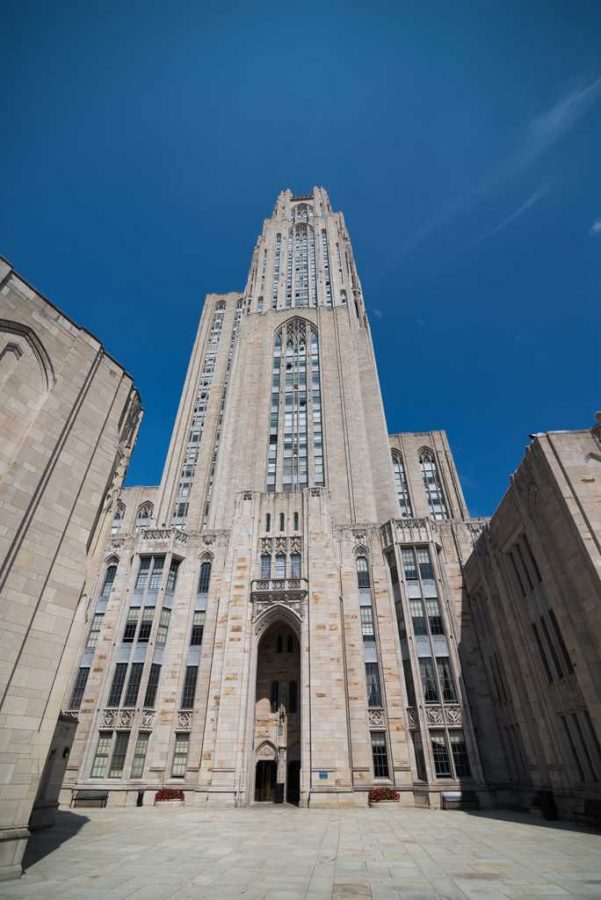Homecoming week is meant to generate school pride, but for international students familiar with American stereotypes, it can end in disillusion.
American universities’ homecomings continue many of the traditions that begin in high school, like pep rallies, football games and ample school spirit, but the dance is noticeably absent. The majority of international students, however, learn about homecoming traditions — particularly the romanticized high school homecoming dance — from American movies and TV.
For international students studying in the United States for the first time, the collegiate homecoming reality — including the dance’s absence — can be confusing, disappointing or irrelevant.
Lavanya Kochhar, a junior finance and business information systems major from Indonesia, has only a vague idea of homecoming.
“To me, homecoming is just something we celebrate and name a queen and king and there’s a pep rally before it too,” she said. “All of this I know from American movies.”
According to the Office of Admissions and Financial Aid’s website, international students make up 27 percent of Pitt’s student body.
Chisom Eni-Kalu, a sophomore bioengineering major from Nigeria, said she knew about homecoming before enrolling at Pitt, but “never really quite understood the point, though.”
“I plan to participate in the celebrations more this year,” Eni-Kalu said. “Now that I’m actually thinking about it.”
Often, international students have no one to explain homecoming to them, as Americans do their freshman year in high school.
“No one really helped other than my friends, but honestly, homecoming isn’t something I feel like the Office of International Affairs has to help you adapt to,” Kochhar said. “It’s part of the culture here and your friends and the football games itself will help explain everything.”
Nikita Karulkar, a sophomore neuroscience major, and Desislava Iolova, a sophomore engineering major, also didn’t know the meaning of homecoming their freshman year.
Karulkar is a student from Indian parents and considers herself a “third culture kid,” having grown up in Hong Kong and Indonesia and living in India for five years. Before coming to Pitt, Iolova, who is from Bulgaria, lived in Dubai for 15 years.
“I feel like [homecoming is] a football game and then it’s a dance,” Karulkar saud. “I think it’s one of those things that’s always in the back of your mind because of Hollywood movies.”
Iolova also equates the week-long custom to a dance. Her first thoughts upon hearing homecoming are “time to buy a dress!” when those already familiar with the tradition call for Pitt script shirts instead.
“It’s like an American thing, but we don’t know what it is,” she said.
Unlike the Hollywood portrayal, Pitt’s collegiate homecoming places emphasis on the student body and alumni through various alumni-specific events the University puts on throughout the week, ranging from scholarly lectures and luncheons to mixers and block parties.
The Office of International Services, located on the seventh floor of the William Pitt Union, offers different events through its Global Ties program to help all students thrive in American culture.
According to Shawntia Key, the coordinator of international programs, homecoming is an event that is best learned through experience.
“In the past, Global Ties has encouraged international students to participate in the many homecoming programs that are sponsored by various groups on campus offered during homecoming week, such as the football game, and the fireworks and the laser show,” Key said.
Even though Kochhar, Eni-Kalu, Karulkar and Iolova attended American and international schools all over the world and some grew up in expat cities where 90 percent of the population are foreigners, their knowledge on American culture was still very vague.
“It’s like I grew up in a pseudo-American culture,” said Karulkar. “So I understand some parts, but at the same time there are others that I don’t.”
Karulkar and Iolova remembered seeing campaign posters for the homecoming court nominees last year, but never knew who the students were.
“I only voted for the engineers,” Iolova said. “You’re asking the entire University to vote for you, but no one knows who you are.”
When Kochhar compared her experience here with her expectations from movies, there were still many gaps.
“I expected there to be some type of dance or party by the university related to homecoming,” Kochhar said. “But I guess that’s just a high school thing.”
The reality that collegiate homecoming isn’t always as romantic as Hollywood makes it out to be leaves many students, including Karulkar, wondering about its significance.
“People put all this effort in, for what?”



